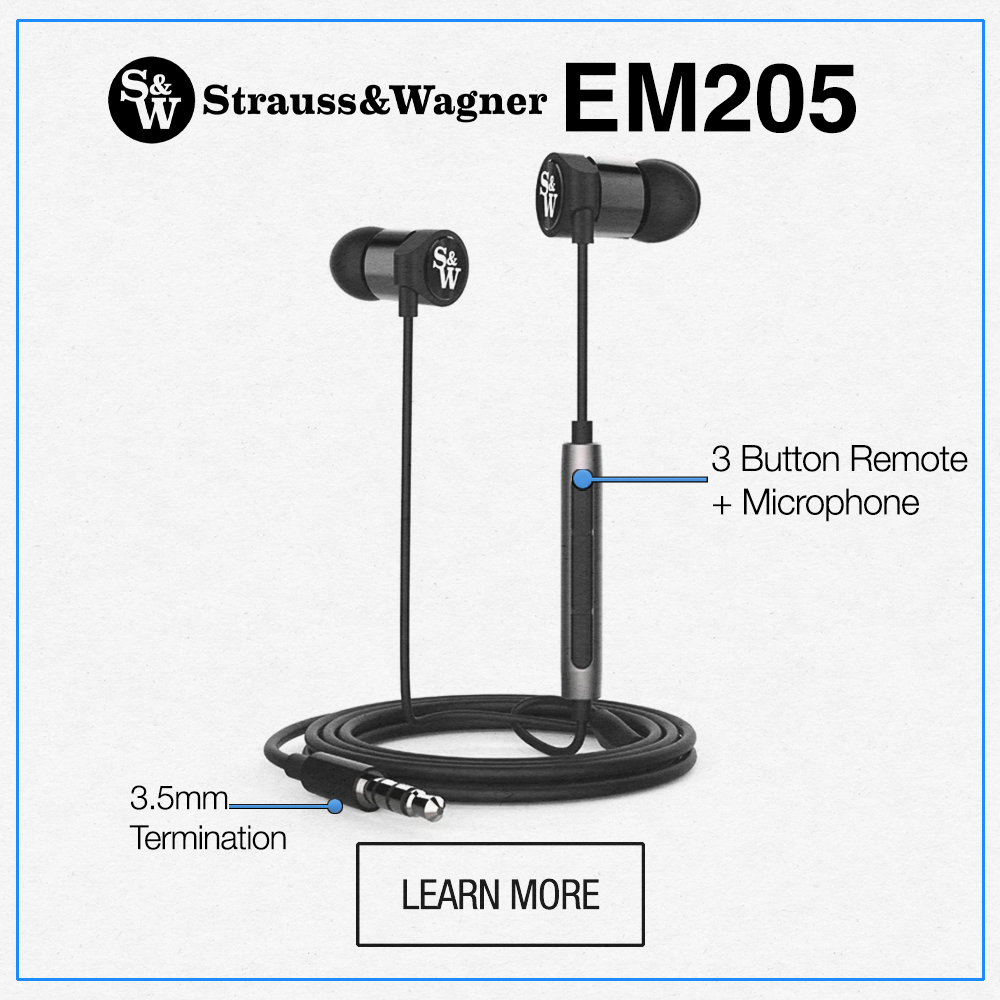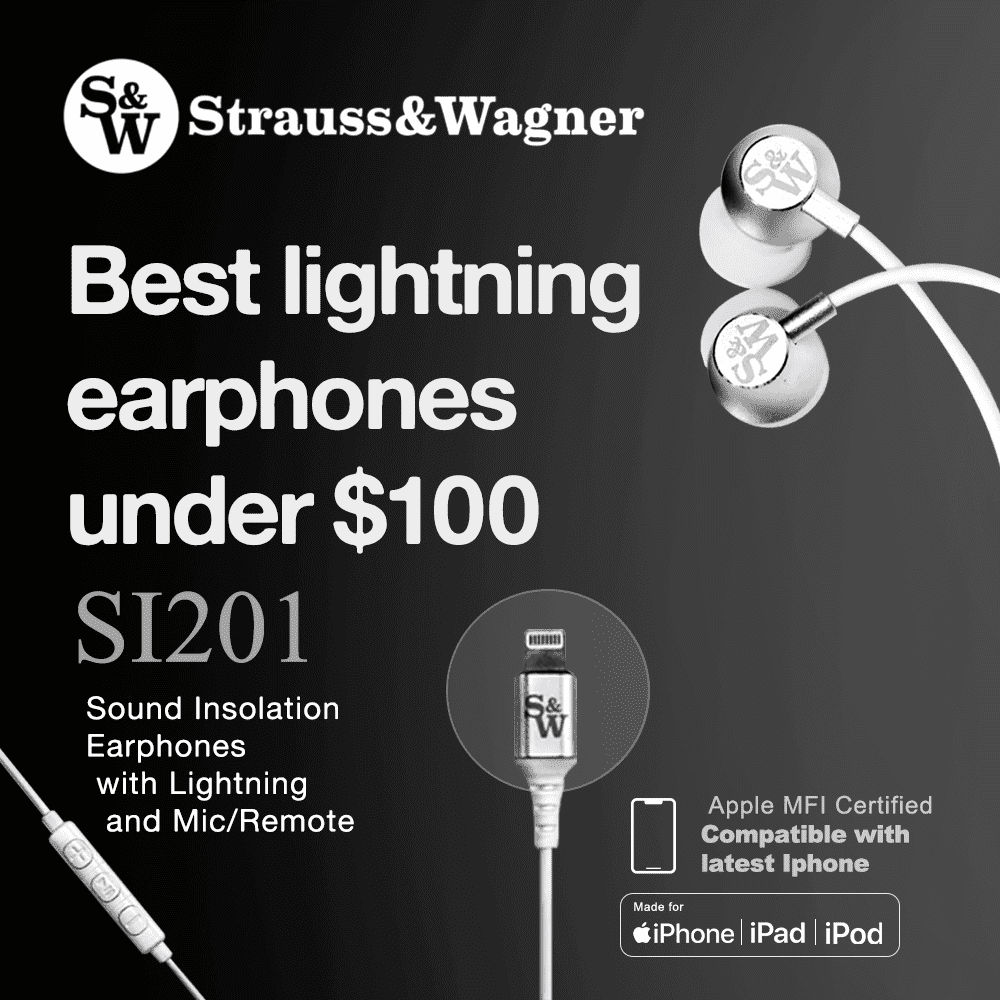Like many musicians, I’m a die hard Beyerdynamic fan. I own a pair of DT 1770s, so know that I am writing from a biased perspective. But people who like Grado, LOVE Grado. It’s a smaller niche than the Beyerdynamic club, but the enthusiasm is perhaps stronger. But like any cult following, Grado appeals to a very certain taste, one that won’t suit all audiophiles. So, what makes these two headphones similar? Price, an open-back design, and a flair for accuracy. So, how will the trendy, limited edition, GH4 stack up against the famous crowd pleaser, the DT 1990? Let’s find out in this Grado GH4 vs Beyerdynamic DT 1990 PRO Review.
Grado GH4 vs Beyerdynamic DT 1990 PRO Review
IN the BOX
| Grado GH4 | Beyerdynamic DT 1990 PRO |
| ¼” Adapter | ¼” Adapter |
| Detachable 3m straight XLR cable with 3.5mm plug | |
| Detachable 5m coiled XLR cable with 3.5mm plug | |
| Second pair of ear pads with slight bass boost | |
| Carrying case |
FIT
Both headphones are damn comfortable. Neither feel too tight, and the lack of leather on either headphones makes them feel cool and gentle against the ear. The main thing you want to consider when comparing the design is the size. If wearing the GH4 feels like sleeping with your blankie, then wearing the DT 1990 feels like being spooned by your significant other. Both are cozy feeling, but some may prefer the roomier design of the DT 1990 versus the smaller on-ear fit of the GH4. The GH4 is also less cumbersome and a bit lighter than the DT 1990. And since it folds flat, it’s the obvious choice in terms of portability.
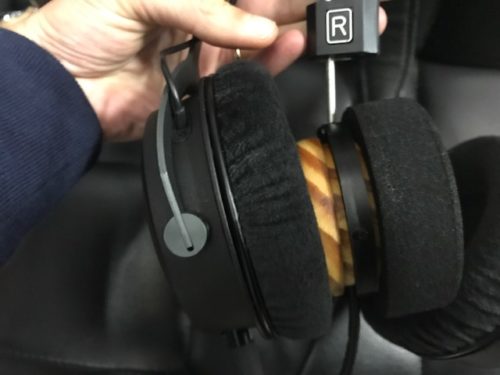
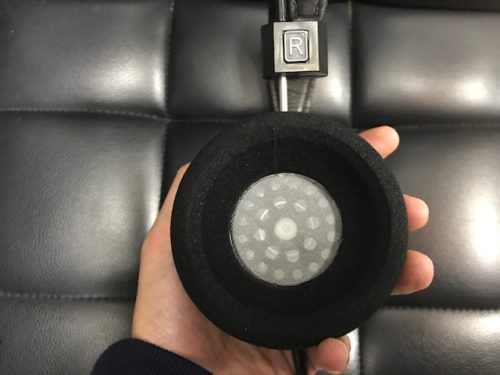
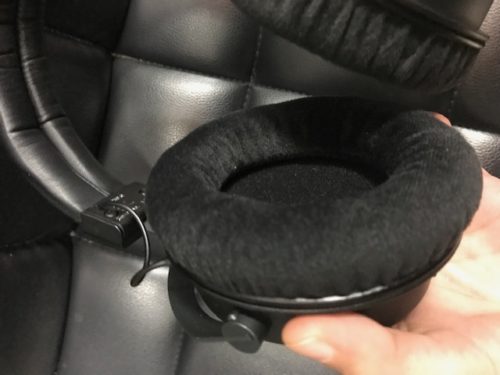
DESIGN
Both headphones employ dynamic drivers of about the same size. But the main differences involve the materials with which these headphones have been designed. The GH4 is a purely wooden headphone, made from Norwegian Pine. Beatles fans insert joke here. As a result, you can expect some added softness or absorption in sound that an aluminum headphone, like the DT 1990, can’t match.
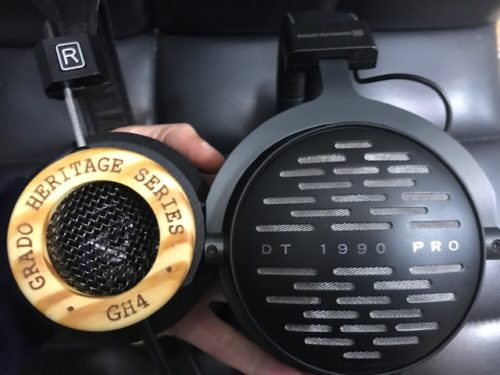
One major consideration you want to factor into your decision making is the impedance. At 250 Ohms, the DT 1990 requires an Amp to drive. But the GH4 is efficient enough to be run from your phone. The DT 1990 has a much wider frequency range than the GH4, at 5 – 40,000 Hz, so you can probably expect higher highs and lower lows from the DT 1990.
The DT 1990 is unarguably the more durable headphone. (It’s German) The solid yolk and sturdy ear cups can definitely withstand some wear, while the much more dainty Grado requires gentler care. But the big difference in terms of durability is the cable. The DT 1990 uses a detachable XLR cable, while the one on the GH4 is forever attached. So, if you ever need to replace the cable or upgrade it, the DT 1990 is the safer bet.
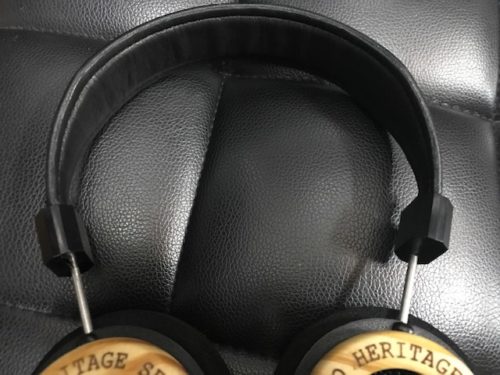
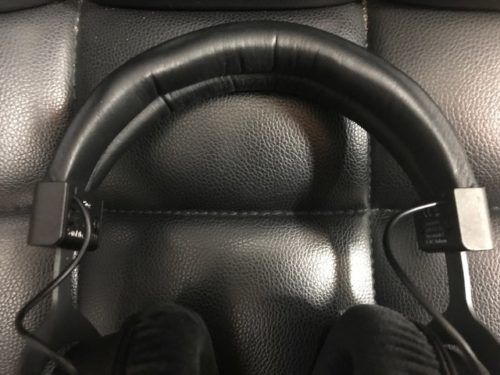

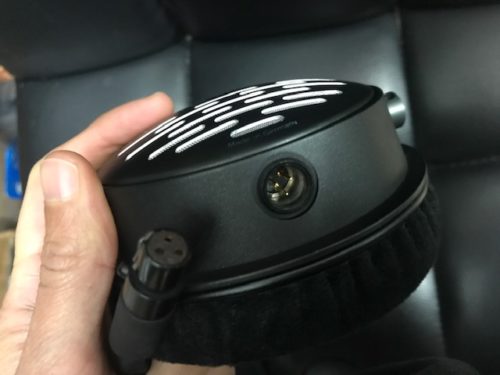
SOUND
Overall Impressions: The versatility of the DT 1990 vs the artistry of the GH4.
Lows
Both headphones display a similar level of presence and depth in the lows. Most audiophiles would call them accurate, while others might complain that the bass is too restrained. If you’re concerned with being in the latter group, go for the DT 1990. It shows off more of its sub frequencies, making genres like pop and electronica sound more dynamic and punchy. (Also replacing the ear pads with the the more bass-heavy ones included in the box.) On the flip side, the GH4 is more melodic and nuanced, especially when listening to acoustic instruments like the double bass. Therefore, the GH4 will offer a bit more character.
Mids
Again, both headphones show similarities in this range. Both have very present and well-balanced midranges. But the DT 1990 sounds flatter to the ear, while the GH4 displays more emphasis in the upper mids. If you like your rock choruses to have a full-bodied sound, the DT 1990 would be the more ideal choice. But if you prefer your vocals to sit a bit forward in the mix, then the GH4 is more suitable. At the end of the day, neither headphone produces a particularly meaty feel, and clarity is the strong suit for both headphones. With respect to transparency, the GH4 shows slightly more color and detail when listening to acoustic guitars, while the DT 1990 feels a bit heavy handed in comparison. And because of the more present high-mids, the GH4 gives a brighter presentation of the guitar strums. Listening to a cello piece, the DT 1990 gave a very pure representation of the instrument, while the GH4, again, showed more character or nuance. Certainly, if you’re listening to a lot of classical music or acoustic instruments, the GH4 conveys them with superior skill.
Highs
One thing I love about this Grado headphone is the incredible airiness it produces in vocals. If you only buy Grado to listen to Whitney Houston hit the high notes, it would be worth it. The DT 1990 handles vocals with a tad less grace, but in terms of transparency, these headphones are about equal in this range. When listening to percussion, the DT 1990 hit higher peaks than the GH4, producing a slightly more brilliant or crispy feel when playing pop songs. Indeed, it is the brighter headphone. This became a problem when playing Miles Davis. While the trumpet was still a little piercing on the GH4, the GH4 handled the highest of highs with a little more softness, making the experience gentler on the ears.
Soundstage
Once again, these headphones are very similar in this department. While the GH4 has a slightly more spacious soundstage, both headphones show an equal amount of aptitude in terms of dimension and instrument placement.
SUMMARY
This is a tough one because these headphones parallel each other in so many ways. I will say that the DT 1990 is the more versatile option. But if you don’t listen to rock or pop, then the GH4 is the more interesting choice, as it displays more personality and finesse, especially with respect to acoustic instruments. So, if you’re a classical, jazz or folk fan, it might be a no brainer, especially if you can’t afford an Amp.
You can find these two open-back beauties for the best price at:
Audio 46: Grado GH4
Audio 46: Beyerdynamic DT 1990 PRO (Use our promo code, “majorhifi” to get a 10% discount)
Amazon: beyerdynamic DT 1990 Pro, Black (Dt1990
MajorHiFi may receive commission from retail offers.
SPECIFICATIONS
| Grado GH4 | Beyerdynamic DT 1990 PRO | |
| Driver | 44mm Dynamic | 45mm Dynamic |
| Frequency Response | 18 – 24,000 hz | 5 – 40,000 hz |
| Sensitivity | 99.8 dB | 125 dB |
| Impedance | 32 Ohms | 250 Ohms |
| Weight | Very light | 370 g |
Compare the ranking of various headphones, earbuds and in-ear monitors using our tools.
Discuss this, and much more, over on our forum.
---MAJORHIFI may receive commissions from retail offers.



